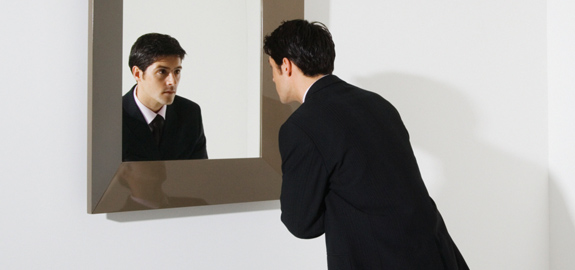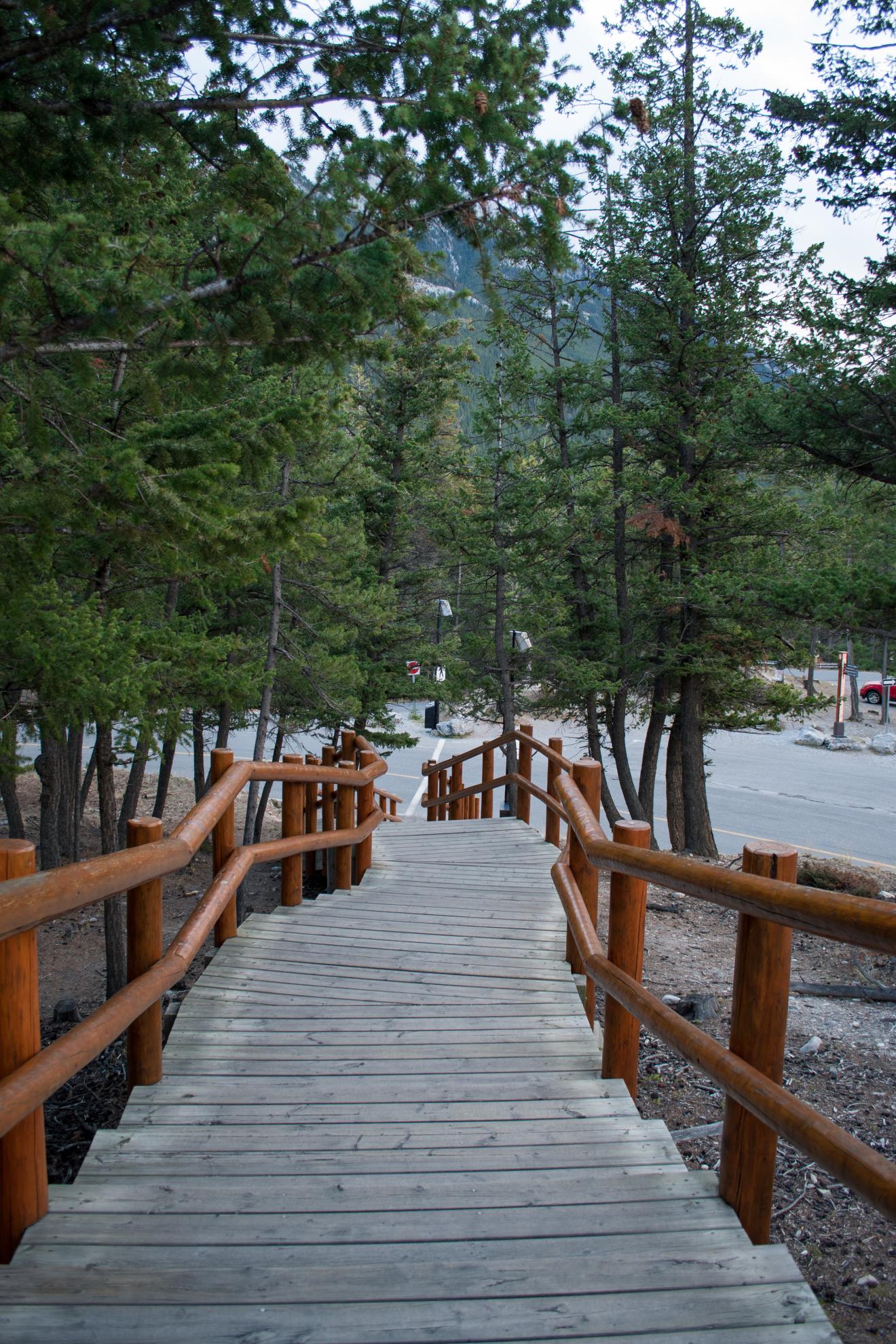September 12, 2022|ט"ז אלול ה' אלפים תשפ"ב Ki Teitzei 5782 - Long-Term Memory
Print Article
Memory is probably the most powerful tool we have in our brains. Memories can bring joy and pain. And they play a significant role in shaping who we are.
We are getting closer and closer to ראש השנה – referred to in our tefillos and as יום הזיכרון. A day of remembrance.
But who is doing the remembering? Hashem recalls our actions. And we are asked to reflect upon and recall our actions.
Rashi in Parshas Emor points out that זכרון תרועה, the way the Torah refers to Rosh Hashana, means we ask Hashem to remember the Akeidas Yitzchak when we sound the shofar.
On the other hand, the Rambam in the Laws of Teshuvah 3:4 writes
אַף עַל פִּי שֶׁתְּקִיעַת שׁוֹפָר בְּרֹאשׁ הַשָּׁנָה גְּזֵרַת הַכָּתוּב רֶמֶז יֵשׁ בּוֹ כְּלוֹמַר עוּרוּ יְשֵׁנִים מִשְּׁנַתְכֶם וְנִרְדָּמִים הָקִיצוּ מִתַּרְדֵּמַתְכֶם וְחַפְּשׂוּ בְּמַעֲשֵׂיכֶם וְחִזְרוּ בִּתְשׁוּבָה וְזִכְרוּ בּוֹרַאֲכֶם.
The job of the shofar is to awaken us from our slumber…so we will repent and remember our Maker!
So, it is not surprising that our parsha, only a couple of weeks before Rosh Hashana asks us to test our memory and practice remembering. And it offers a number of requirements to remember:
1) Remember what happened with מרים; צרעת, משה רבינו, her younger brother, not malicious etc.
2) Remember Amalek, and the evil way in which they attacked us on the way to Har Sinai.
And not once, but twice in our parsha, there is another memory we are asked to recall:
1) The Torah says: Be sensitive to the convert, the orphan, and the widow – Why? Because you were once a slave in Egypt!
2) And then again, only 4 verses later, the Torah says: Leave some fallen produce in the field for the one less fortunate than you – Why? Again, because you were a slave in Egypt.
And there are three other times in Sefer Devarim, a total of 5 times, when we are commanded to remember this exact same thing.
Why so many reminders?
Allow me to share a personal recollection from the earlier stages of our marriage.
When we first got married, we lived in Washington Heights, and the most valuable commodity for anyone who lived in WH was, of course, a parking spot! If you dared to leave the heights and go anywhere – the supermarket, a wedding, and come back late… you would then have to circle for what seemed like forever, until you would hopefully at some point find a spot.
And, of course, when we finally moved to Teaneck, we moved to the Westgate apartments which, each had their own, shiny parking spot! And every time I parked there I thanked HKBH for the day He gave us a parking spot.
But, of course, over time, I have become accustomed to having a driveway, and I don’t even think about the bracha of not having to circle, and circle, and circle for parking. Because even the small things in life that matter to us for a while, at some point, we forget.
My good friend and colleague, Rav Moshe Tzvi Weinberg pointed out to me, that perhaps this is exactly the point:
We have a tendency to forget… And the Torah is reminding us again and again – it’s so important to remember.
And there is a Bein Adam L’chaveiro component, a Bein Adam L’Atzmo component and a Bein Adam L’Makom component of this idea of remembering.
When he was already in his eighties, Rav Shach the Rosh Yeshiva of Ponovezh in Israel, attended the funeral of an elderly woman. It was a cold, winter rainy day. His students tried convincing him out of it, but he insisted on making the trip. Although it was pouring with rain, the aged Rosh Yeshiva accompanied the coffin to the cemetery on foot. He refused any rides, and he wouldn’t even accept a raincoat. Only after the funeral was over, did Rav Shach take refuge from the elements. A pupil - who knew that the Rav was neither related to nor had any particular connection to the deceased - asked him why, given the weather conditions, he had found it necessary to go all the way to the cemetery, rather than simply go to the mourners house, and why he had not at least gone by car?
Rav Shach replied that, when he had been a young student in Europe, the yeshiva he studied at, did not have a building of its own. Instead, it was located in a small shul. Rav Shach learned there from morning to night, and slept there, too. Since he was away from home, he often went hungry, although on certain days of the week, he would be invited by one of the local families for a meal. But his greatest problem was the cold. During the day he was involved in his studies and did not feel the weather as much, but at night it was very difficult. The wooden bench on which he sat all day served as his bed and although there was a small oven in the shul, it did not emit much heat and blankets were a luxury that he could not afford.
One winter’s night, a woman who lived in the town gave him a lined jacket and sewed up his torn socks. He would wrap himself in it and keep warm as he slept. The jacket provided him with a great measure of comfort and he was able to study with greater concentration during the day. It was this woman whose funeral Rav Shach had just attended.
Rav Shach Zt’l explained that he acted in this seemingly odd way in order for to re-live the experience and to remember the feelings of what it was to be cold; to remember how she helped him and to show her off with the proper hakaras hatov.
The Torah again and again says: remember what it was like! To be able to be give hakaras hatov, but also to be able to be sensitive and concerned for someone who might be in that struggle which you yourself have emerged from.
But beyond the bein adam l’chaveiro element, it’s a story of bein adam l’atzmo as well. As an aged rosh yeshiva he could have exempted himself from needing such an experience – I am certain he had thanked her many times at the time the chesed was first performed. But it was part of his life’s story. And he wanted to never forget the fullness of his own experience. To recall his own humble beginnings to better appreciate where he came from and where he had come to.
But there is also a lesson hinted in all of this to help us (especially this time of year) in our relationship with Hashem.
We say Tehillim 90 every Shabbos morning – “Shata Avonoseinu L’negdecha”, our sins are placed before you, “Alumeinu L’mor Panecha”, and our hidden sins, those done in hiding, we might think we are concealing them, but they are shining bright in front of your eyes.
At face value it just means that Hashem sees all that we do, whether we realize it or not.
Rav Samson Raphael Hirsch offers an additional explanation: Hashem yes, our sins our before you, but also, our ALUMEINU, from the language of Alam, a child, our POTENTIAL is also in front of Your eyes.
Hashem, you may see the mistakes we make in life, but You are also aware of all that we have the potential to be. So, please, Hashem, see that potential in us, and give us the ability to see it for ourselves.
But sometimes that potential isn’t only there, dormant within us, it’s something we’ve seen in our past, and yet we easily forget.
We all have not only a personal history, but also a SPIRITUAL HISTORY. We have gone through different periods in our life where we have felt closer and further from HKBH. Times when we were more inspired than we are today, and times when we were less inspired then where we are today. But no matter where we are right now, we should never allow ourselves to forget where we’ve come from.
Maybe that means reminding ourselves how far we’ve come. How much we’ve grown over our lifetime. Maybe it means reminding ourselves of a time when we were more inspired. In either case, those memories serve to remind us of the incredible potential that lays dormant inside us.
Yes, we will come before Hashem on Yom HaZikaron in just a couple of weeks. And while it is important to recognize that Hashem will be remembering us on that day, maybe the most important thing we can do to prepare, is to use the power of zechira, of using our own memories of our past, the light our way forward.




